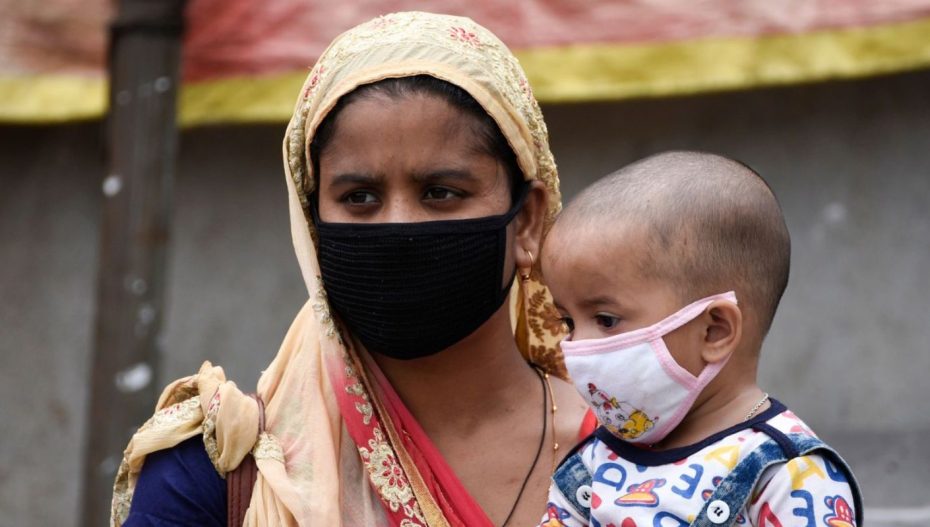The alarming levels of air pollution, first in Mumbai and now in Delhi, are pushing people into paroxysms of panic. Until two weeks back, Mumbai was enveloped in smog. Andheri, Mazgaon and Navi Mumbai even recorded the Air Quality Index (AQI) in the ‘poor’ category.
As has been happening every year in the capital, Delhi continues to be vulnerable, with the AQI in Delhi-NCR surpassing the 400-mark.
Calling it a “grave public health emergency”, Dr Arvind Kumar, chairman of the Institute of Chest Surgery-Chest Onco-surgery and Lung Transplantation with Medanta Hospital in Gurugram, told The Print, “Given the amount of toxins in the air, there are no non-smokers in India now and breathing in air with an AQI of above 500 is akin to smoking 25-30 cigarettes a day.”
Dr Kumar explained that roughly 22 micrograms (one-millionth of a gram) per cubic metre of air or µg/m3, of PM 2.5—fine particles fuelling air pollution levels—is equivalent to smoking one cigarette.
“Now AQI and PM 2.5 are not synonymous but PM 2.5 is the single biggest contributor to AQI; so AQI of 300-350 may be equivalent to 15-20 cigarettes a day when seen in terms of health-related damages caused in 24 hours,” he said.
Kumar has said the air we breathe in has approximately 79% nitrogen and 21% oxygen, besides some inert gases.
“But these days, apart from these essential elements, there is a lot of particulate matter, toxic gases and hundreds of toxic chemicals which go inside our lungs every time we breathe. An average adult breathes 25,000 times a day and we take in about 11,000 litres of air every 24 hours,” he was quoted as saying.
The Print referred to a significant study from India, which claimed that air pollution had a strong connection with Type 2 diabetes.
Further, it alluded to a research agency of the US government which suggested that living in an area with high levels of particulate air pollution increased the chances of breast cancer.
This new evidence, the media house claimed, added to past studies which established connections between air pollution and health issues including respiratory disorders, and lung cancer.
He added that small portions of toxins and dust in the air, which get accumulated in the lungs, turn into undesirable chemicals that spread throughout the body.
“No wonder then that as chest surgeons when we open chests these days, we find only black lungs even in teenagers and non-smokers and the deposits are only increasing with every passing year,” he told the media outlet.
In an unnerving statement, he said that newborns and children can be classified as “smokers”, by them inhaling toxic air.
“Also, while newborns breathe two to three times faster than adults, kids breathe twice as fast as adults and they also have developing tissues which take the load of toxins,” he added. “So in kids and babies, the damage due to air pollution is even higher, compared to adults.”
He pointed out that pregnant women in polluted cities give birth to high numbers of children with birth deficiencies, with many of them developing bronchitis after birth. It explains the presence of nebulisers in many homes.
“Toxic air leads to retardation, hyperexcitability, impaired lung development, metabolic disorders and all kinds of cancers in kids as they grow up,” he said.
He added that while a well-fitting N-95 mask curbs particulate matter from entering our respiratory system, it is not possible to wear masks all the time.
“Can small children who have to play, study, run, talk, and eat in schools stay masked up all the time,” he questioned.
Also Read: Amid Plans To Stop Groundwater Use By ’26, AMC Approves Borewells Worth Crores












